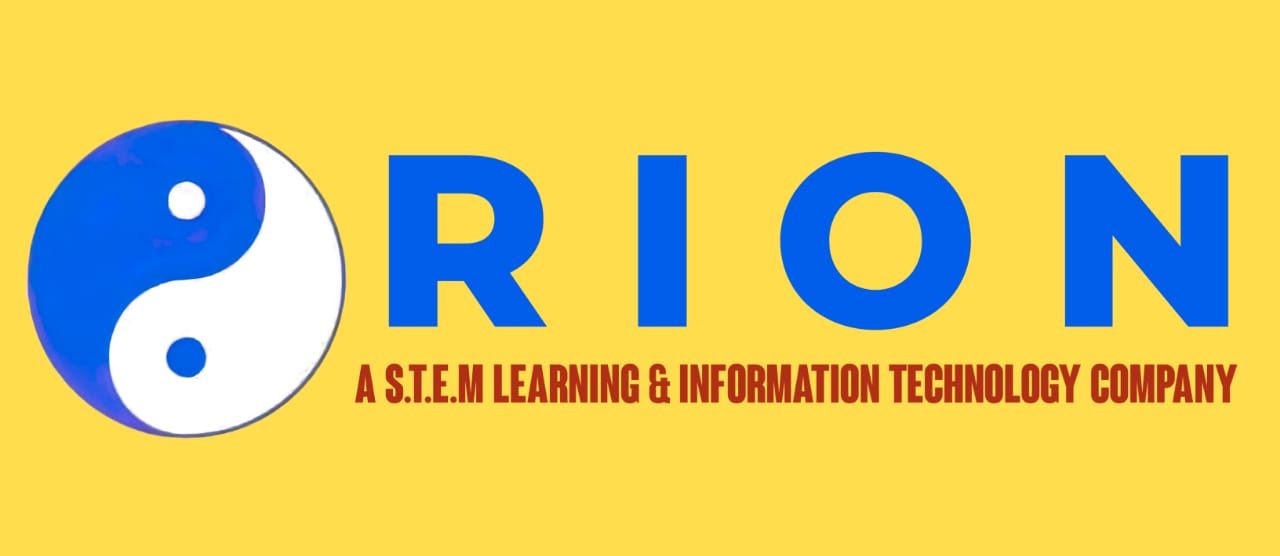In an era characterized by rapid technological advancement and a globalized economy, the importance of Science, Technology, Engineering, and Mathematics (STEM) education cannot be overstated. STEM disciplines form the backbone of innovation and progress, driving economic growth, improving quality of life, and addressing global challenges. Here’s why STEM education is vital in today’s world:
1. Driving Innovation and Economic Growth
STEM education is a crucial driver of innovation. Countries with strong STEM foundations lead in technological advancements, which are essential for economic competitiveness. For instance, advancements in renewable energy, biotechnology, and artificial intelligence stem from robust STEM education systems. These innovations not only create new industries and job opportunities but also ensure that countries remain competitive in the global market.
2.Preparing for the Future Workforce
The job market is rapidly evolving, with a growing demand for skills in technology and engineering. According to the U.S. Bureau of Labor Statistics, occupations in STEM fields are expected to grow by 8% from 2019 to 2029, a rate much faster than the average for all occupations. By fostering a strong STEM education, we equip students with the critical thinking, problem-solving, and technical skills necessary for these high-demand careers.
3. Addressing Global Challenges
STEM disciplines play a pivotal role in tackling some of the world’s most pressing challenges, such as climate change, healthcare, and sustainable development. For example, engineers and scientists are at the forefront of developing renewable energy technologies, while advancements in medical research are crucial for combating diseases and improving public health. A solid STEM education empowers individuals to contribute to these efforts, fostering a generation capable of creating sustainable solutions.
4. Enhancing Everyday Problem-Solving Skills
STEM education is not just about preparing students for specific careers; it also enhances their overall problem-solving abilities. The analytical skills, logical reasoning, and creativity developed through STEM subjects are applicable to everyday life. Whether it’s managing personal finances, making informed decisions about healthcare, or understanding the technology we use daily, STEM education provides the tools needed for informed decision-making and effective problem-solving.
5. Promoting Diversity and Inclusion
Encouraging diversity in STEM fields is essential for fostering innovation and addressing biases. Historically, women and minorities have been underrepresented in STEM careers. By promoting STEM education among diverse populations, we not only open up opportunities for these groups but also bring a wide range of perspectives and ideas to the table. Diverse teams are proven to be more innovative and effective at problem-solving, benefiting society as a whole.
6. Building a Foundation for Lifelong Learning
STEM education encourages a mindset of curiosity and lifelong learning. The rapid pace of technological change means that continuous education and adaptability are crucial. By instilling a strong foundation in STEM, we prepare individuals to continually update their skills and knowledge, ensuring they remain relevant and capable in a constantly changing world.
Conclusion
The importance of STEM education in today’s world is clear. It drives innovation, prepares students for the future workforce, addresses global challenges, enhances problem-solving skills, promotes diversity, and fosters a mindset of lifelong learning. As we navigate the complexities of the 21st century, investing in STEM education is not just an educational priority but a societal imperative. By doing so, we ensure a brighter, more innovative, and equitable future for all.

